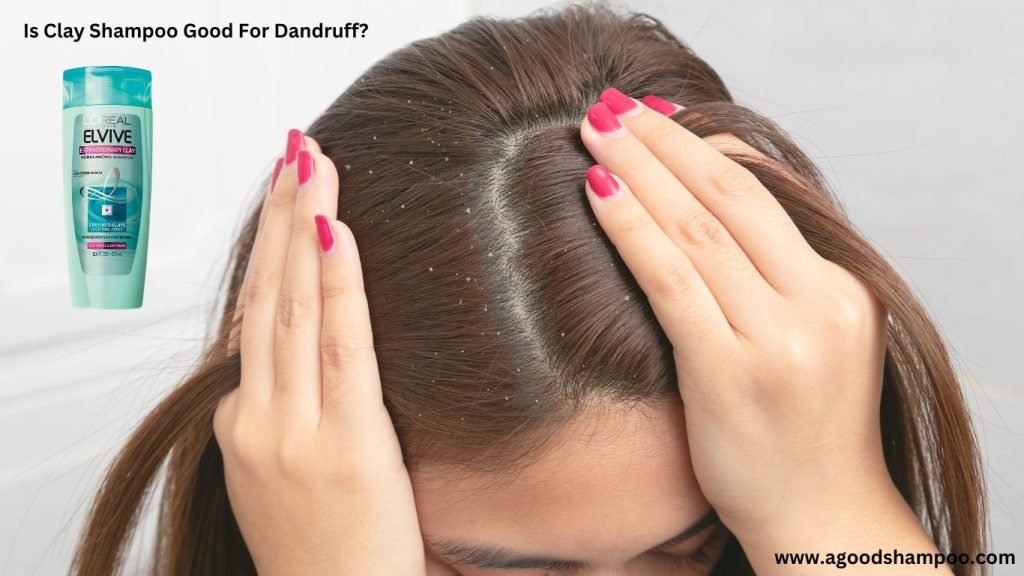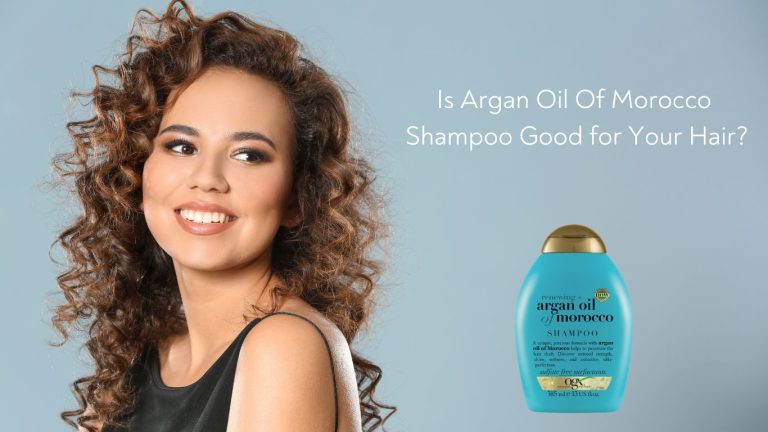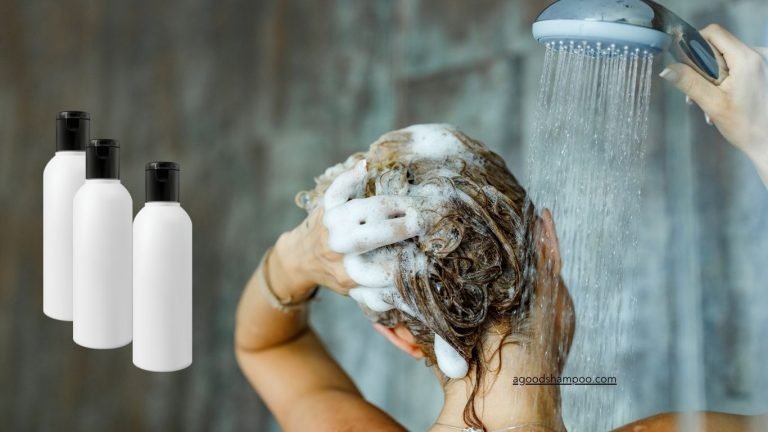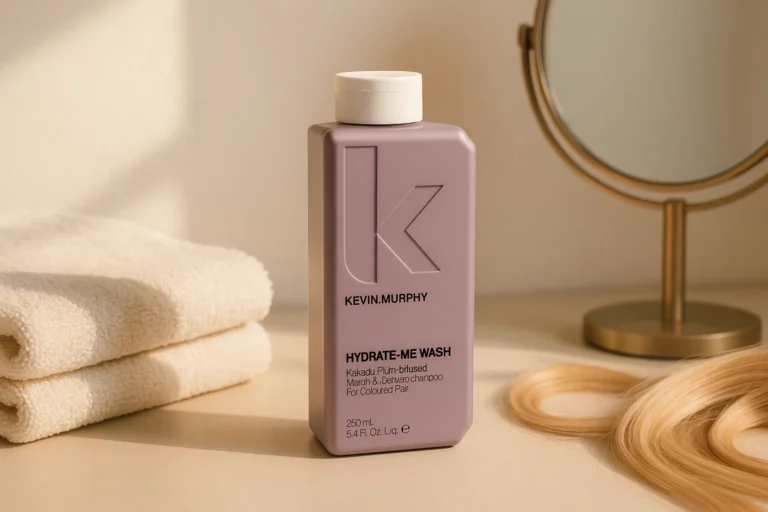Is Clay Shampoo Good For Dandruff? Truth From a Hair Analyst
If you’ve ever dealt with dandruff, you know it’s more than just a cosmetic nuisance. Those pesky white flakes aren’t just embarrassing, they often come with scalp itchiness, irritation, and even inflammation. While there are countless anti-dandruff shampoos on the market, recently one trend has been buzzing in the hair world: clay shampoo.
But the big question is, is clay shampoo actually good for dandruff, or just another passing trend? Let’s break it down from an expert hair care perspective, and I’ll share both science-backed facts and real-life tips so you know if clay shampoo belongs in your shower.
What Exactly Is Clay Shampoo?
Clay shampoos aren’t the same as the classic liquid shampoos most of us grew up with. Instead, they’re often formulated with natural clays like bentonite, kaolin, or rhassoul. These clays have been used for centuries in beauty rituals across cultures.
Bentonite clay is prized for its oil-absorbing and detoxifying properties.
Kaolin clay is gentler and helps cleanse without stripping.
Rhassoul clay (from Morocco) is rich in minerals and often used in spa treatments for scalp and skin.
When blended into shampoos, clays act like tiny magnets. They absorb excess oil, lift away impurities, and gently exfoliate the scalp. Unlike harsh sulfates, which can over-strip and trigger rebound oiliness, clay shampoos usually provide a balanced cleanse, refreshing, but not aggressive.
Does Clay Shampoo Help With Dandruff?
Here’s the short answer: yes, in many cases clay shampoo can help with dandruff. But the long answer is a little more nuanced.
Why clay works:
Absorbs excess oil – Dandruff often flares when the scalp is oily, creating a breeding ground for Malassezia, the yeast linked to dandruff. Clay helps control that excess sebum.
Removes buildup – Styling products, sweat, and dead skin cells can clog follicles and worsen flakes. Clay shampoos deeply cleanse without heavy surfactants.
Exfoliates gently – Some clays naturally buff away dead skin, helping prevent those noticeable white flakes from clinging to hair.
Soothes irritation – Certain mineral-rich clays calm itching and inflammation.
What research says:
A 2016 study published in the Iranian Journal of Pharmaceutical Research found that bentonite clay was effective in reducing skin irritation and oiliness, which are two key contributors to dandruff.
Another study in the Journal of Clinical and Aesthetic Dermatology highlighted how mineral clays improve barrier function of the skin, making them supportive in managing scalp disorders.
So while clay shampoos aren’t classified as medicated dandruff shampoos (like ketoconazole or zinc pyrithione formulas), they can manage mild to moderate dandruff naturally.
Is Hair Clay Good For Dandruff or Just Styling Clay?
Quick distinction here: when people hear “hair clay,” they sometimes think of styling clay (pomades or matte texturizers). That’s not what we’re talking about.
Styling clay can actually worsen dandruff if not washed out properly, it builds up, clogs pores, and traps yeast on the scalp.
Clay shampoo, on the other hand, is designed to cleanse, not coat. Two very different things.
Which Type of Shampoo Is Best For Dandruff?
To answer this fairly, we need to look at the spectrum.
Mild dandruff or flaky scalp: A clay shampoo can be an excellent natural solution.
Persistent, itchy dandruff: Medicated shampoos with active antifungals like ketoconazole, selenium sulfide, or zinc pyrithione may be necessary.
Sensitive scalps: Clay-based shampoos (especially kaolin clay) can be gentler than harsher anti-dandruff formulas.
Think of it like this: if dandruff is a “phase one” problem, clay shampoo might solve it. But if it’s a full-blown scalp condition, you might need something stronger, sometimes alternating clay shampoo with medicated formulas works best.
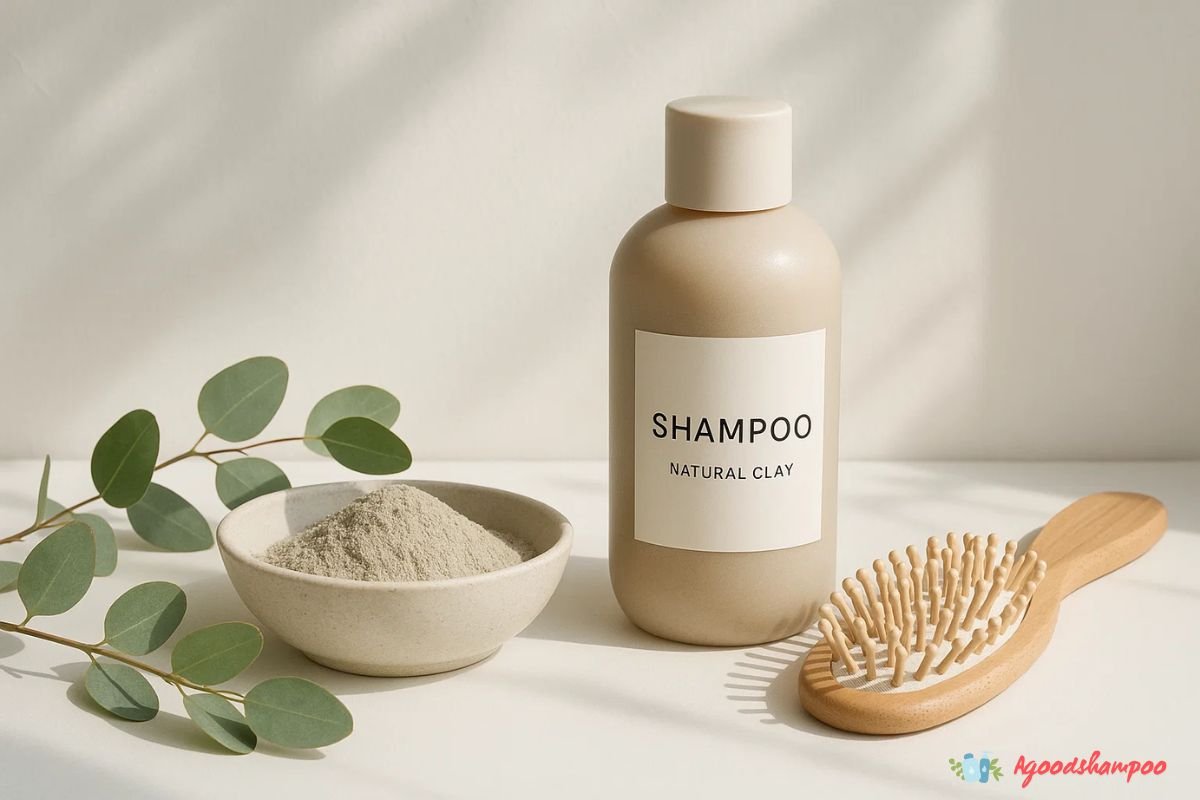
Benefits of Clay Shampoo Beyond Dandruff
Even if dandruff isn’t your main issue, clay shampoo comes with some serious perks:
Deep cleansing without harshness – Removes impurities while keeping natural scalp oils balanced.
Adds volume – Clay gives hair a natural lift by absorbing excess sebum at the roots.
Balances scalp pH – Many clays are slightly alkaline, which can help neutralize overly acidic scalp environments.
Mineral-rich nourishment – Trace minerals like magnesium, silica, and calcium support scalp health.
Reduces odor – Clay shampoos often neutralize that “greasy scalp smell.”
Ingredient Breakdown: Why Clay Works
Let’s zoom in on the science of clays in hair care.
Silica – strengthens hair and improves elasticity.
Magnesium – reduces inflammation and promotes scalp circulation.
Calcium – aids in shedding dead skin cells gently.
Iron oxide – often present in clays, adds detoxifying effects.
These minerals create a synergistic effect, improving scalp environment while cleansing.
Quick Fact Box
Did you know?
Over 50% of adults worldwide experience dandruff at some point, according to the Journal of Investigative Dermatology. Excess oil, fungal overgrowth, and stress are key triggers.
Potential Downsides of Clay Shampoo
Of course, no product is perfect. Here’s what to watch for:
Dryness: If used too often, clay can over-absorb oils and leave hair dry.
Residue: Some clay shampoos don’t rinse cleanly, especially in hard water.
Not enough for severe dandruff: They help manage symptoms but don’t replace medical treatments for stubborn dandruff.
Pro tip: Always follow with a lightweight conditioner or scalp-friendly oil (like jojoba) if your ends feel dry.
How To Use Clay Shampoo For Best Results
Wet your hair thoroughly. Clay needs water to activate and spread evenly.
Apply a small amount to the scalp first. Massage in circular motions to lift buildup.
Work it through the lengths. Don’t neglect the crown and behind the ears, common dandruff zones.
Leave for 1–2 minutes. Let the minerals do their work.
Rinse with lukewarm water. Hot water can worsen dryness.
Condition if needed. Focus conditioner only on the ends.
For oily, dandruff-prone scalps, 2–3 times a week is enough. Daily use might be too drying.
Real-Life Example: My Test on a Client
One of my clients struggled with stubborn flakes along her hairline. She had tried zinc-based shampoos, but they made her hair limp and stripped. I recommended a bentonite-based clay shampoo twice weekly, alternating with her mild sulfate-free cleanser.
Within three weeks, her flakes reduced by 70%, and her scalp irritation was noticeably calmer. She also mentioned her hair felt fuller at the roots.
It wasn’t a miracle cure, but it gave her relief, and boosted her confidence.
DIY Clay Shampoo: Is It Worth Trying?
Some people mix their own clay cleansers at home using bentonite powder. While DIY can be fun, here are the caveats:
Getting the ratio right is tricky (too much clay = heavy residue).
DIY mixes often lack preservatives, risk of bacteria growth if stored.
Can be messy to apply.
If you’re curious, it’s safer to try a pre-formulated clay shampoo tested for pH balance and shelf stability.
Who Should Avoid Clay Shampoo?
People with extremely dry scalps (it may worsen flakiness).
Those with eczema or psoriasis (always consult a dermatologist first).
Very curly or textured hair types may find clay too drying unless paired with rich conditioners.
What Research Says About Long-Term Use
Clay shampoos are still relatively new in mainstream hair care, so long-term data is limited. But dermatological studies on bentonite and kaolin clays consistently show safe topical use without toxicity.
In fact, bentonite clay is often used in medical settings for its detoxifying ability. This suggests that clay shampoos, when used properly, are a safe, long-term option for scalp care.
Is Clay Shampoo Good For Dandruff?
Yes, clay shampoo can be good for dandruff, especially mild cases tied to oiliness and buildup. It helps absorb excess sebum, gently exfoliates, and leaves the scalp fresher without harsh stripping.
But here’s the balance:
For occasional flakes, clay shampoo may be all you need.
For chronic dandruff, consider alternating it with a medicated anti-dandruff shampoo.
Clay shampoos aren’t a miracle, but they’re a powerful addition to your scalp-care toolkit. If your dandruff is mild and you want a natural, mineral-rich solution, clay shampoos are absolutely worth trying.

Carolina Herrera: Cosmetics specialist & Hair Analyst. Specializing in hair treatments, Carolina provides thorough reviews and advice on choosing the best products for damaged or treated hair.

